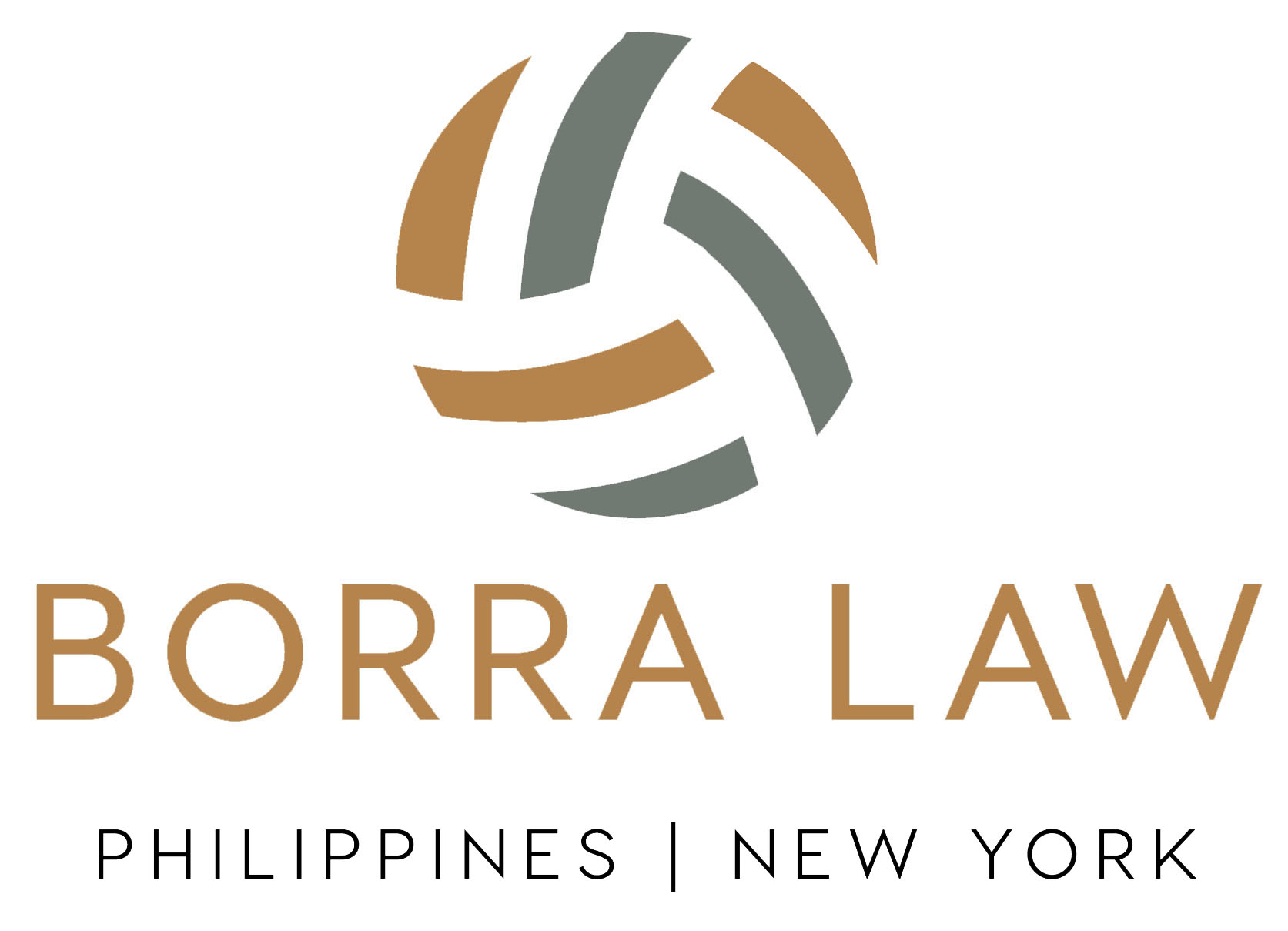There are several ways to do business in the Philippines: register as a sole proprietor; form a partnership; or incorporate a company. Each mode has its pros and cons, but most foreign investors prefer to form corporations because of the limited liability concept. Limited liability ensures that the shareholders are not personally liable for the debts of the corporation.
Sole proprietorships are registered with the Department of Trade and Industry and are the easiest and fastest to process. Partnerships and corporations are registered with the Securities and Exchange Commission and require a number of documents for submission.
Most foreign investors would like to own land in the Philippines. However, due to constitutional restrictions, only Filipinos and Filipino-owned corporations can generally own land, http://www.borralaw.com/real-estatesave for certain exceptions. We help foreign investors navigate these rules and regulations to ensure they are protected with legal documents that can stand in court, so together with a few Filipino stockholders, they can own land in the Philippines. More information on Philippine real estate here.
SOLE PROPRIETORSHIPS
In a sole proprietorship, only one person owns the business. This person’s property is personally liable for all debts and liabilities of the sole proprietorship, in the same way that the creditors of the owner can go after the properties of the sole proprietorship for the owner’s personal debts. In the eyes of the law, the owner and the sole proprietorship are one and the same. For this reason, sole proprietorships carry great risks. Foreign investors can be sole proprietors, for as long as the business purpose is not restricted under the constitution or law.
-
Sole Proprietor Registration
-
PhP 10,000 /Fixed Fee (exclusive of government fees)
-
- Registration with the Department of Trade and Industry
- Barangay Certificate Processing
- Obtaining a Mayor’s Permit
- Registration with the Bureau of Internal Revenue
PARTNERSHIPS
Some types of businesses must be organized as partnerships, such as the practice of the profession of law and accounting. A partnership is governed and defined by the Philippine Civil Code: “By the contract of partnership, two or more persons bind themselves to contribute money, property, or industry to a common fund, with the intention of dividing the profits among themselves.”
Although partnerships are normally registered with the Securities and Exchange Commission, a partnership acquires a separate juridical personality immediately upon meeting of the minds of the partners. Even without SEC registration, the partnership can own property, sue and be sued. However, unlike a stockholder in the corporation, a general partner is personally liable for partnership obligations and generally cannot transfer his partnership interest without the consent of the other partners.
Consult with us to see if partnership is the proper vehicle for your business.
-
Partnership Registration
-
PhP 20,000 /Fixed Fee (exclusive of government fees)
-
- Partnership name verification
- Preparation of Articles of Partnership
- Endorsement / Clearance from other government agencies (if applicable)
- Preparation of FIA Form 105 (for foreign national partners)
- Barangay Certificate Processing
- Obtaining a Mayor’s Permit
- Registration with Bureau of Internal Revenue
CORPORATIONS
The corporation’s primary benefit is the protection of its shareholders’ assets from the company’s liabilities. Upon registration with the Securities and Exchange Commission, a separate juridical personality for the corporation is immediately formed. Although the corporation is primarily governed by the Philippine Corporation Code, shareholders can sign a shareholder agreement to establish their rights and obligations among each other.
A Philippine corporation can be 100% foreign owned, for as long as its business purpose is not restricted under the constitution, the law, or the Foreign Investment Negative List. A Philippine-registered corporation that is 60% owned by Filipinos is considered a Filipino corporation. As a Filipino corporation, it can engage in a number of businesses that are not restricted, such as land ownership in the Philippines.
We can help you register a corporation in the Philippines in three weeks. As your lawyer, we can prepare pre-incorporation agreements, shareholder agreements, loans, pledges, special powers of attorney, and deeds of assignment that can protect you, should a foreign investor decide to engage in a restricted business in the Philippines.

